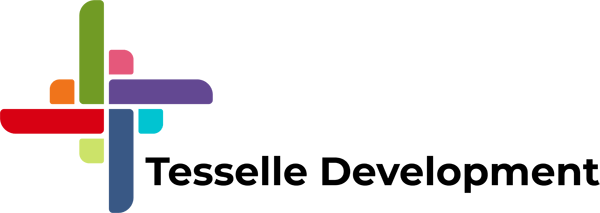Working well with funding experts in your institution
with Rachel Dwyer
Rachel Dwyer, Head of Faculty Research Support for Medicine, Dentistry and Health in Research Services at The University of Sheffield, shares her insights as a research funding expert. She knows that universities are complex institutions and that figuring out who is there to help you in navigating the research funding landscape can feel like exploring a labyrinth.
In this interview, I discuss with Rachel Dwyer about her insights for successful access to research funding and what you can do to work well with the support teams in your institution.
Who do you turn to in your institution when you are trying to figure out what types of research funding are available for you and how to go about applying for research funding?
For researchers moving between institutions and across countries getting to grip with who is there to help you throughout all the research funding processes can feel like a nightmare. The good news is that most institutions have professionals whose role it is to help academics and early career researchers access research funding.
Some “key workers” in the research landscape are a tribe of higher education professionals that early career researchers often know very little about; they form part of the backbone of institutions as their complex roles entail in parts helping academics and researchers access research funding.
Getting to know who they are and how they can help you, can be essential in successfully accessing research funding. They have extensive knowledge of funders and of the best approaches to successfully applying for funding.
Questions to prompt you to action
o Do you understand your institutional structure so that you know who does what when it comes to supporting you with regard to applying for research funding?
o Do you know the teams and the specific individuals that you can reach out, if you have a query about research funding?
o Do they know about you and about the type of project you intend to develop?
o Have you had a conversation with the person responsible for research funding in your department/ faculty?
o Is there an academic lead in your department who also liaise with research services professionals? Do you know who they are? If you are planning to apply for a specific type of funding, have you considered having conversations with this academic lead?
o Who are the academics in your department/ faculty responsible for providing support for fellowship applications?
Words of wisdom
o Take the time to see who in your institution can help you early on.
o Share your draft research proposals and your CV early on so that you can get as much as you can.
o Don’t be shy in sharing proposals as you will learn a great deal from how others react to your ideas or your approach to communicating your ideas.
o You may underestimate what you have achieved or how you can showcase what you have to offer. Getting others to input in how you are portraying your competencies and achievements may help you be less inhibited in presenting your accomplishments. External feedback will help you to identify possible gaps in your CV or areas where you are not making visible some of your competencies (e.g. leadership or organisational skills).
o Engage with early career researchers who are slightly ahead in their career (e.g. new research fellows). They will be able to share their own experiences of applying for funding and may be able to provide insights about specific funders or about application/ interview processes.
o Engage with academic colleagues who sit on funding review panels and get them to share insights about the processes or the particularities of specific funders. Insider knowledge is power!
o Comparing and contrasting: looking at how other people have navigated their career towards accessing certain research funding can help if used as a developmental process- meaning if you use the information you acquire as a way of getting you to have new ideas. Much information is available on website so if you are interested in certain fellowship, you can gain an idea on what other people had done prior to getting a specific fellowship. This is a way of evaluating yourself from a developmental perspective not as a mechanism to just judge yourself based on the career of others.
o Many funders have websites with details about their research fellows or with videos with fellows talking about their research.
Check out what these fellows have done before.
How does it compare to you?
o What else could you do that could add something of value to your competencies?
o Consider the scope for your research project
· Don’t be overambitious
· Check out previous application to understand how to get the scope to be realistic
· Ask others whether they think the scope of your project is realistic or just a dream (!)
· Is this scope realistic?
“I would always say...look for people that have maybe recent experience of working with a particular funder that you might have in mind ”

